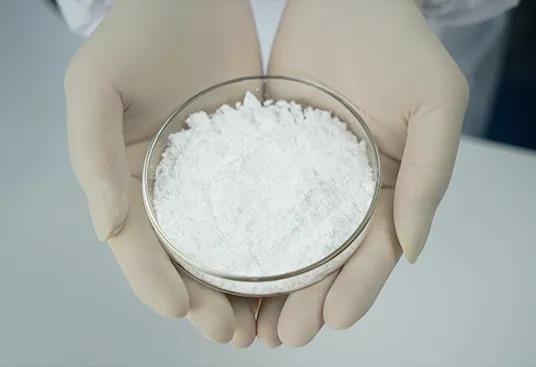Sealant is an important home improvement material applied in the kitchen, bathroom, washroom, and even doors and windows. Its main function is to cover, waterproof, seal, and fill. With the use of time, sealants often appear moldy, yellowing, black spots, and other phenomena. Not only it affects the appearance of the home environment and increases the risk of bacterial transmission, but also the reproduction of bacteria will promote the aging of sealant materials, yellowing, sealing function failure, etc..
Although regular and thorough cleaning can effectively prevent bacteria reproduction, it is difficult to do such meticulous care in daily life. A more straightforward solution is to improve the antibacterial properties of the sealant itself, such as adding antimicrobial agents to the sealant material to increase its resistance to bacteria and mold.

Conventional sealant after 1 year of use (left) Antibacterial sealant after 1 year of use (right)
How to choose the right antimicrobial agent for antimicrobial sealant? At present, antimicrobial agents are mainly divided into organic and inorganic two categories. Organic antimicrobial agents are mainly immediate antimicrobial. It does not have a long-lasting effect. Furthermore, some organic antimicrobial agents have been proven to damage the development of living organisms. Inorganic antimicrobial agents are relatively safer. Most of the current antibacterial kitchenware uses inorganic antimicrobial agents, which have better long-term antimicrobial properties. The current mainstream metal ion antimicrobial agent has high antibacterial efficiency and can achieve a long-lasting antibacterial effect, which is almost equal to the product life.

AntibacMax® inorganic metal ion antimicrobial agent
As a professional supplier of inorganic metal ion antimicrobial agent, AntibacMax®, a safe and long-lasting antimicrobial and antiviral additive developed and produced independently, can give the sealant surface good antimicrobial performance, and its antimicrobial rate can reach 99.9%, which has a strong antimicrobial effect, as verified by third-party authoritative testing institutions. For more information, please contact us.


-300x210.jpg)
